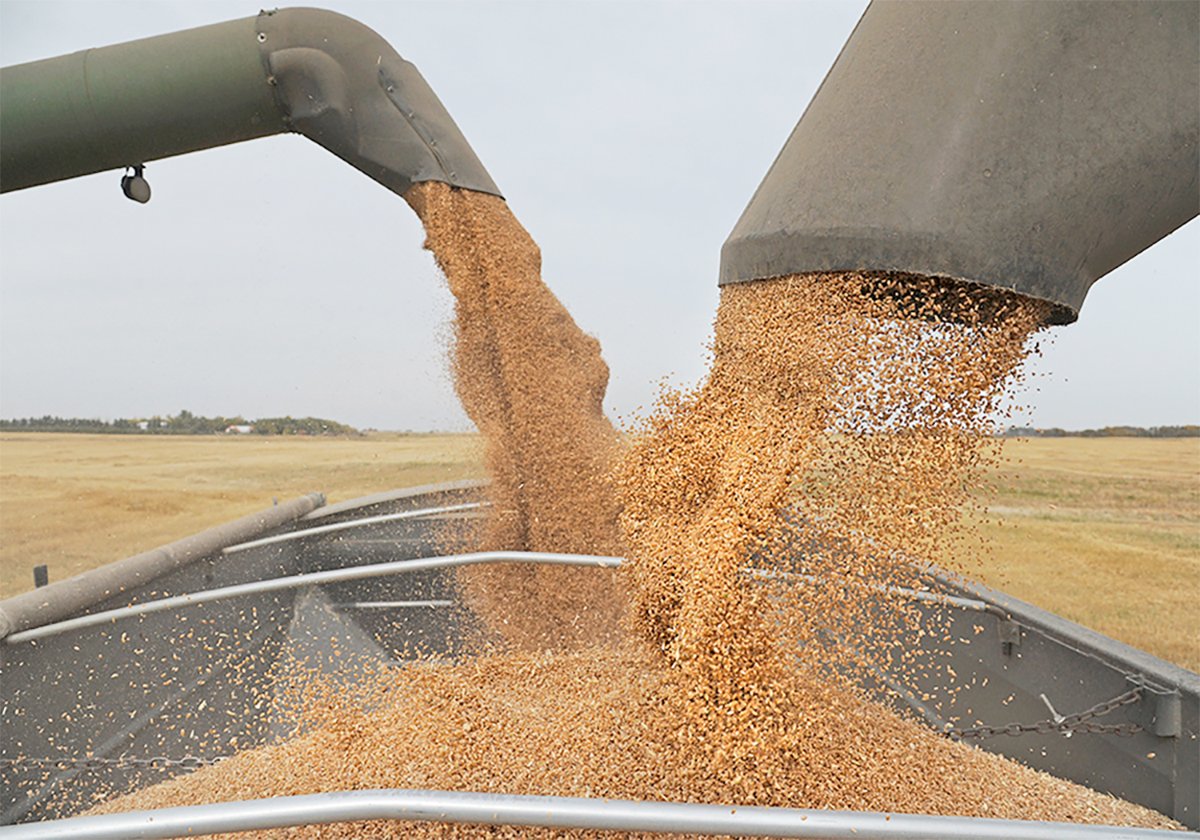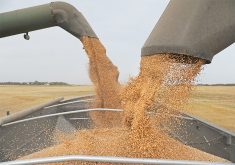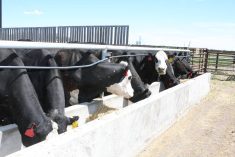IT is rare that agriculture gets mention in a presidential inaugural address, but Barack Obama’s text referenced it twice.
The attention given to his speech was unprecidented because of his status as the first African American president, the tense situation that includes economic crisis and war, and the hope of supporters that his presidency will bring a new vibrancy and pragmatism to government.
With no shortage of pressing issues to address, it was significant that he recognized, even in passing, agriculture’s ancient and vital role in feeding the world and its new opportuntity to help address energy security and climate change.
Read Also

Agriculture productivity can be increased with little or no cost
There’s a way to enhance agricultural productivity with little or no cost. It doesn’t even require a bunch of legislative changes.
In a passage addressing the need to stimulate the economy, he said:
“We will restore science to its rightful place, and wield technology’s wonders to raise health care’s quality and lower its costs. We will harness the sun and the winds and the soil to fuel our cars and run our factories.”
Later, addressing America’s role in the world he said:
“To the people of poor nations, we pledge to work alongside you to make your farms flourish and let clean waters flow; to nourish starved bodies and feed hungry minds.”
The mentions were fleeting, but Obama touched on two of the most important issues in agriculture, summed up generally as the food vs. fuel debate.
Yet for a new president elected on a platform of change, Obama does not plan a sharp alteration in agricultural policy.
He appears to reject the notion that to ensure food supply, biofuel production must stop.
He has long supported ethanol, not a big surprise for a politician from Illinois, the second largest corn growing state.
He favours keeping the renewable fuel standards passed into law last year and has proposed spending $150 billion US over 10 years to develop a green energy stimulus program, some of which will go to supporting research into new generation biofuels such as ethanol from cellulose and also to sun and wind technology.
While he supports biofuel development, he also acknowledges there is a problem with food production in the world.
His calls to help poor farmers and feed the starving are welcome but his election promises to increase spending on international development will be difficult to carry through after he pushes the U.S. deficit beyond a trillion dollars this year to shore up the American economy.
His choice of former Iowa governor Tom Vilsack as agriculture secretary, a supporter of ethanol and genetic technology, also signals no fundamental change in American agricultural policy.
While Canadian farmers await indications of the new administration’s take on specific issues, such as country- of-origin labelling and trade agreements, they should expect that agricultural policy upheaval is not part of Obama’s plan.
Obama’s efforts outside of agriculture, in policy designed to revive the economy and address climate change, will likely have a greater effect on Canadian farmers.
And soaring U.S. government debt might become a reforming power on its own, forcing cuts to the rich U.S. farm bill to bring deficits under control.
Bruce Dyck, Terry Fries, Barb Glen, D’Arce McMillan and Ken Zacharias collaborate in the writing of Western Producer editorials.














